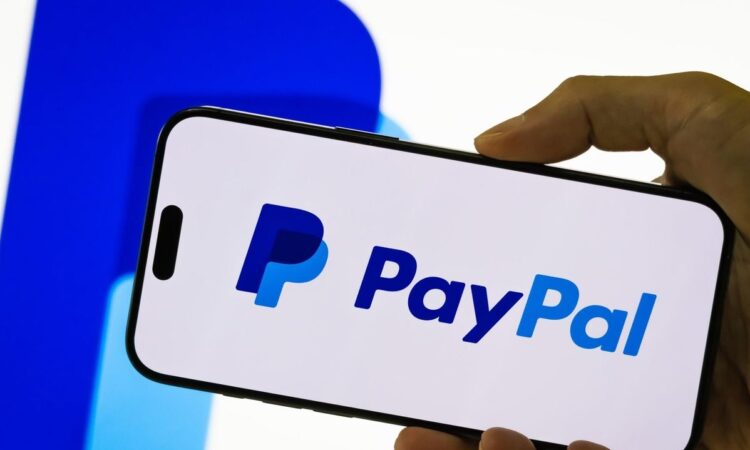
PayPal is the latest payment platform to wade further into crypto, with the announcement of a new feature that will allow merchants to accept payments via digital currencies — an enhancement that experts expect to be popular overseas, but not on Long Island.
Company officials plan to launch “Pay With Crypto” within a month for U.S.-based merchants. The enhancement will support transactions across more than 100 cryptocurrencies and wallets by converting crypto currencies to the PayPal stablecoin PYUSD, a type of digital currency pegged to the value of the U.S. dollar.
PayPal has touted the feature as a way for merchants to save up to 90% on international transaction fees. The payment method will have a promotional transaction rate of 0.99% when it launches, before eventually increasing to 1.5%, said May Zabaneh, vice president of Crypto at PayPal.
“The heart of it all is enabling more efficient crossborder payments,” she said, adding that the platform aims to help merchants on the PayPal network “connect to millions of consumers around the world” with crypto wallets.
Craig Rudes, a partner at Long Island Blockchain, said he does not believe the feature will gain traction on Long Island in the near future, although it’s a step in the right direction for the future of crypto in the region.
“I’m a big advocate of what PayPal’s doing,” he said, which is allowing the exchange of crypto values on a wide scale and exposing crypto infrastructure to merchants on the fintech company’s platform.
The tool will be especially powerful for international shoppers, he said.
The majority of Americans right now don’t trust crypto, said Hofstra University finance professor Anoop Rai. “It’s a very small world that uses cryptocurrencies and even a smaller world that uses it for payments.”
The currencies’ values fluctuate frequently, making crypto payments “tricky,” he added. “There are definitely more players overseas that prefer to use crypto because I think for them, they have a lot of restrictions on paying in foreign currency.”
Zelle and Venmo are also more popular among younger generations in the United States compared to PayPal, he said.
But, Rai added, cryptocurrencies “are here to stay.”
In the long term, few cryptos will likely become established and people will eventually feel more comfortable using the currencies, he said.
D’Addario, a Farmingdale-based musical accessories company with international clientele, has considered implementing cryptocurrency payment methods but “they are not currently part of our roadmap,” said Danielle Mayo, global director of digital platform and consumer experience at the company.
“We are continually evaluating new payment options to provide an easy and convenient shopping experience for our customers,” she said in an emailed statement.
Merchants using PayPal will need to choose to integrate “Pay With Crypto” before it is available on their checkout platform, Zabaneh said.
The feature will allow customers to sell their cryptocurrencies and settle it into PYUSD, which is then transferred to U.S. dollars for the receiving merchant, she said. There will also be an option for merchants to settle in PYUSZD.
“There needs to be better ways that people can move money around the world,” she said, adding that using cryptocurrencies will make transfers faster and cheaper.
While PYUSD is not FDIC-insured, PayPal and the coin’s issuer Paxos Trust Company guarantee dollar-to-dollar redemption, Zabaneh said.
The feature has not yet received necessary approval from the New York State Department of Financial Services, according to a PayPal news release.
Regulations are also still evolving, the release warns.





